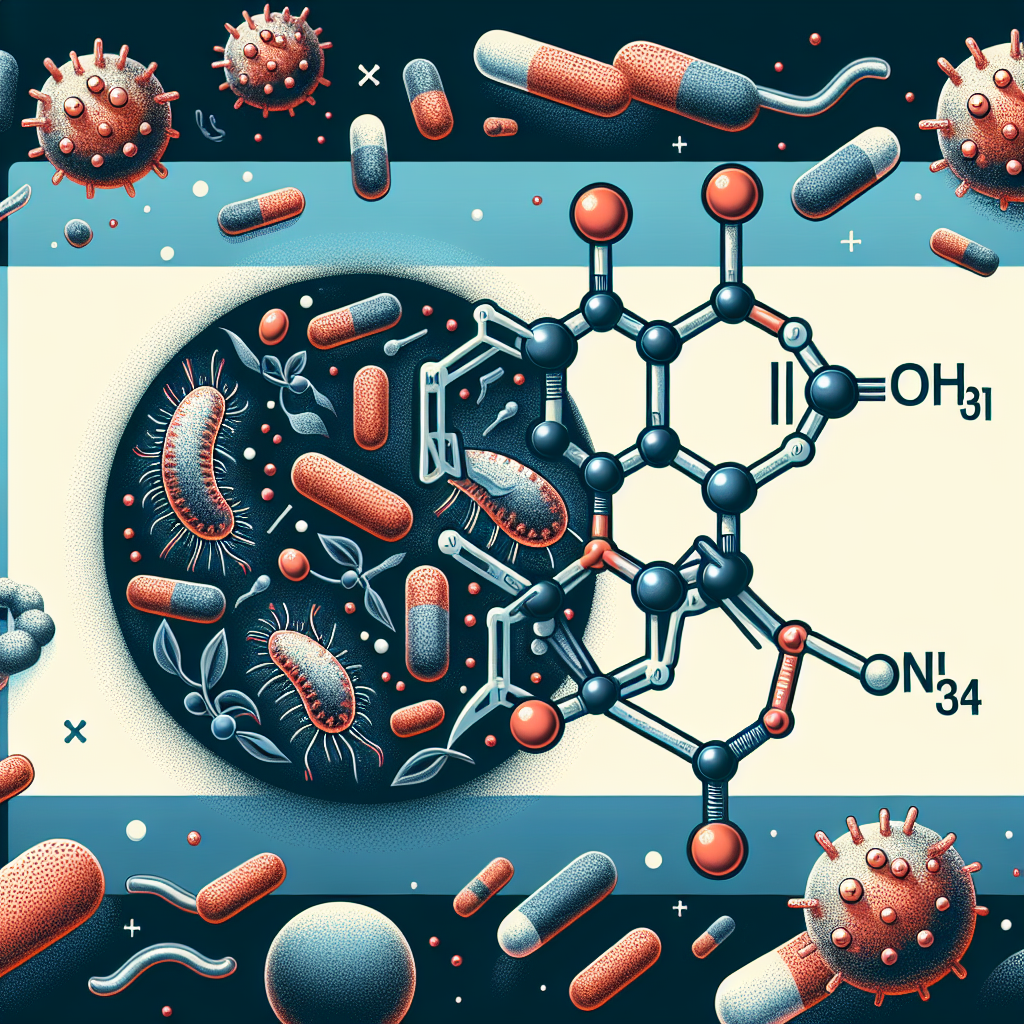Breakthrough Antibiotic Mandimycin Disrupts Drug-Resistant Fungi
Mandimycin, an experimental antibiotic developed by Chinese researchers, shows promise against drug-resistant fungi by targeting their lipid membranes. This approach circumvents traditional resistance mechanisms. In studies, mandimycin proved effective against multiple resistant fungi strains and offers hope in treating fungi listed by the WHO as of high public health importance.

An innovative experimental antibiotic named mandimycin has shown potential in combating drug-resistant fungi, according to a study by Chinese researchers published in Nature. Unlike conventional antibiotics, mandimycin disrupts the lipid membrane of fungi, targeting resistance mechanisms in novel ways.
The drug, which belongs to the glycosylated polyene macrolides class, has shown effectiveness against various fungal species including Candida, Cryptococcus neoformans, and Aspergillus fumigatus, as reported by scientists from China Pharmaceutical University. The World Health Organization lists these infections as having significant public health concerns.
Testing on mice revealed mandimycin's effectiveness against Candida auris, a strain resistant to all major antifungal treatments, highlighting its potential in addressing the critical need for new antifungal therapies globally.
(With inputs from agencies.)










